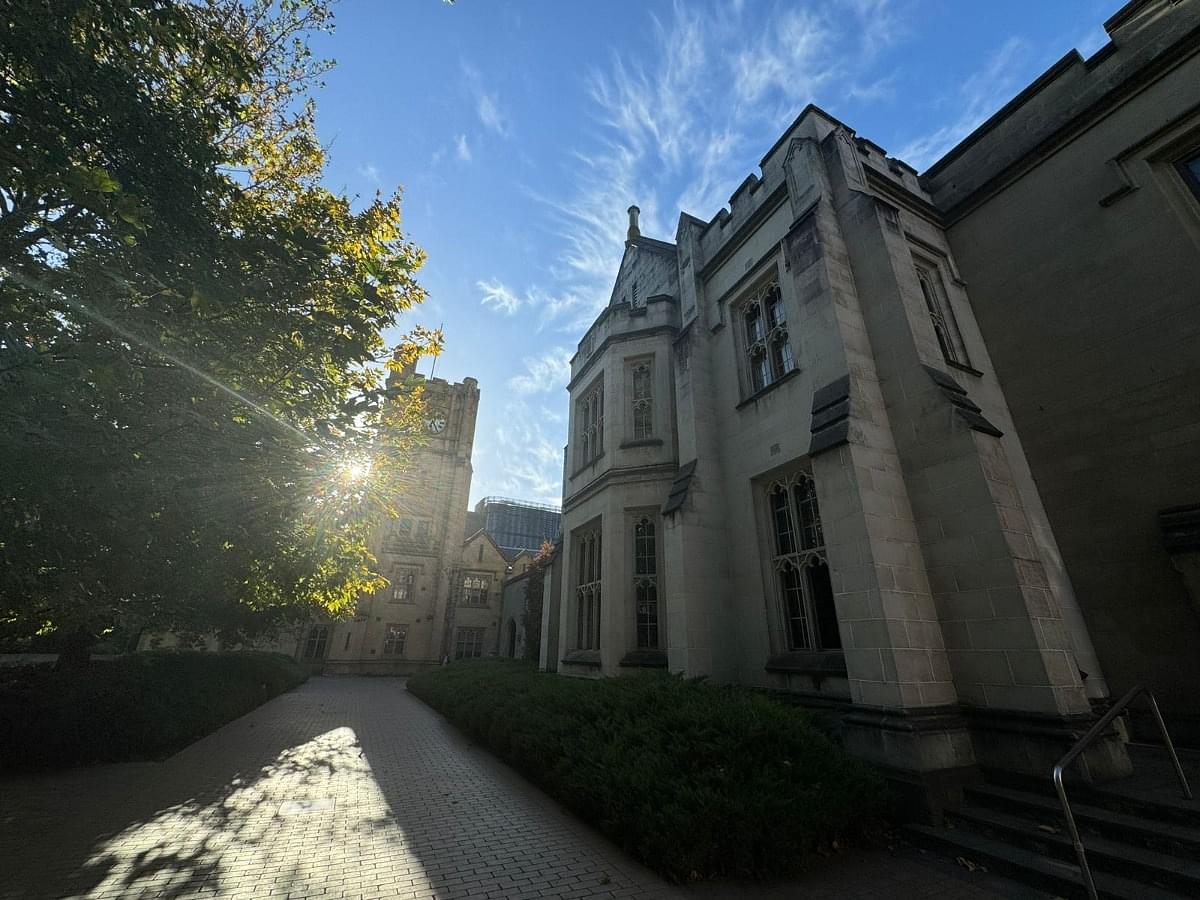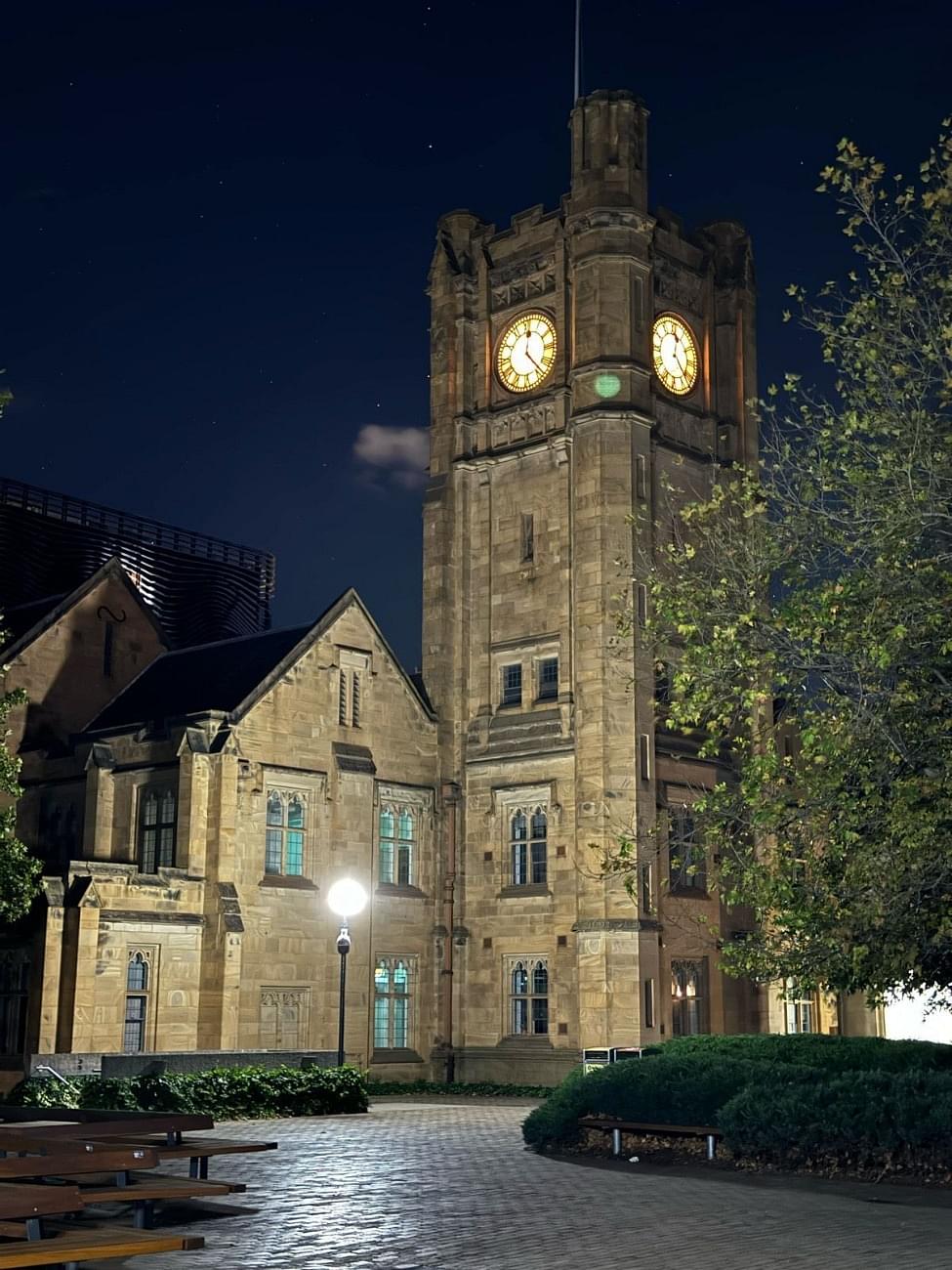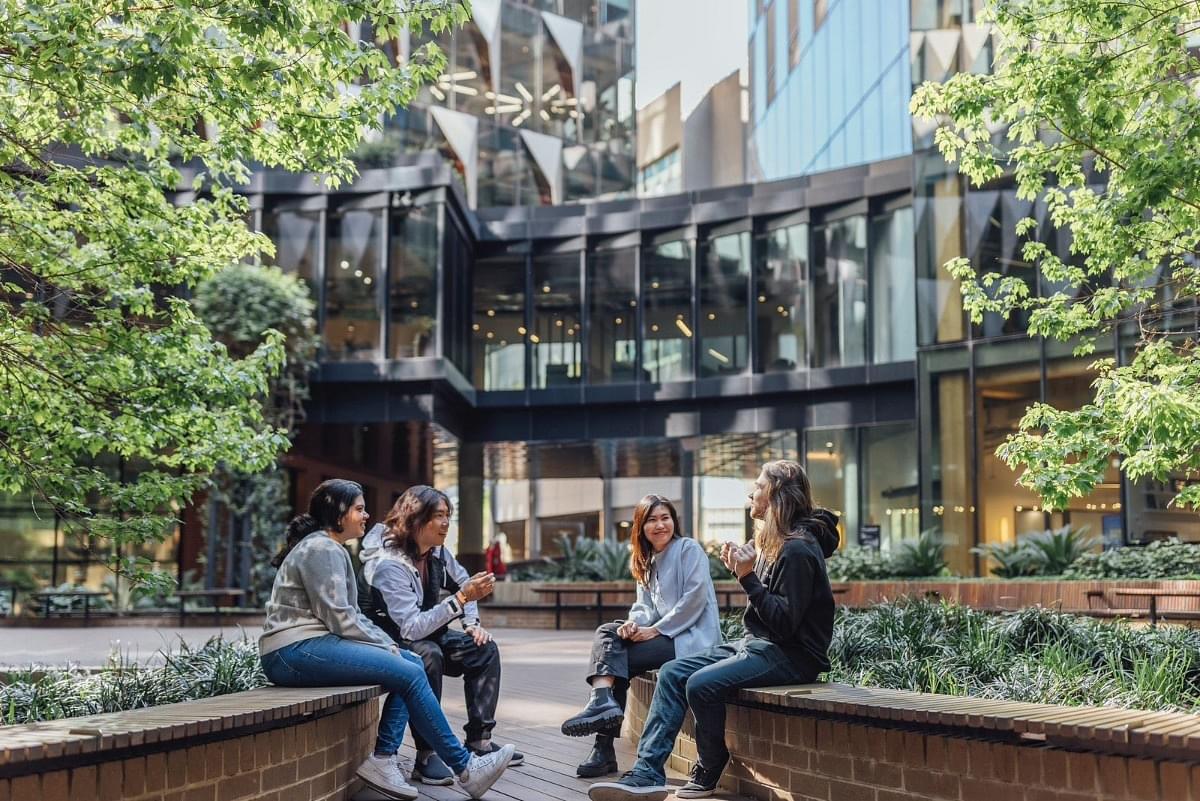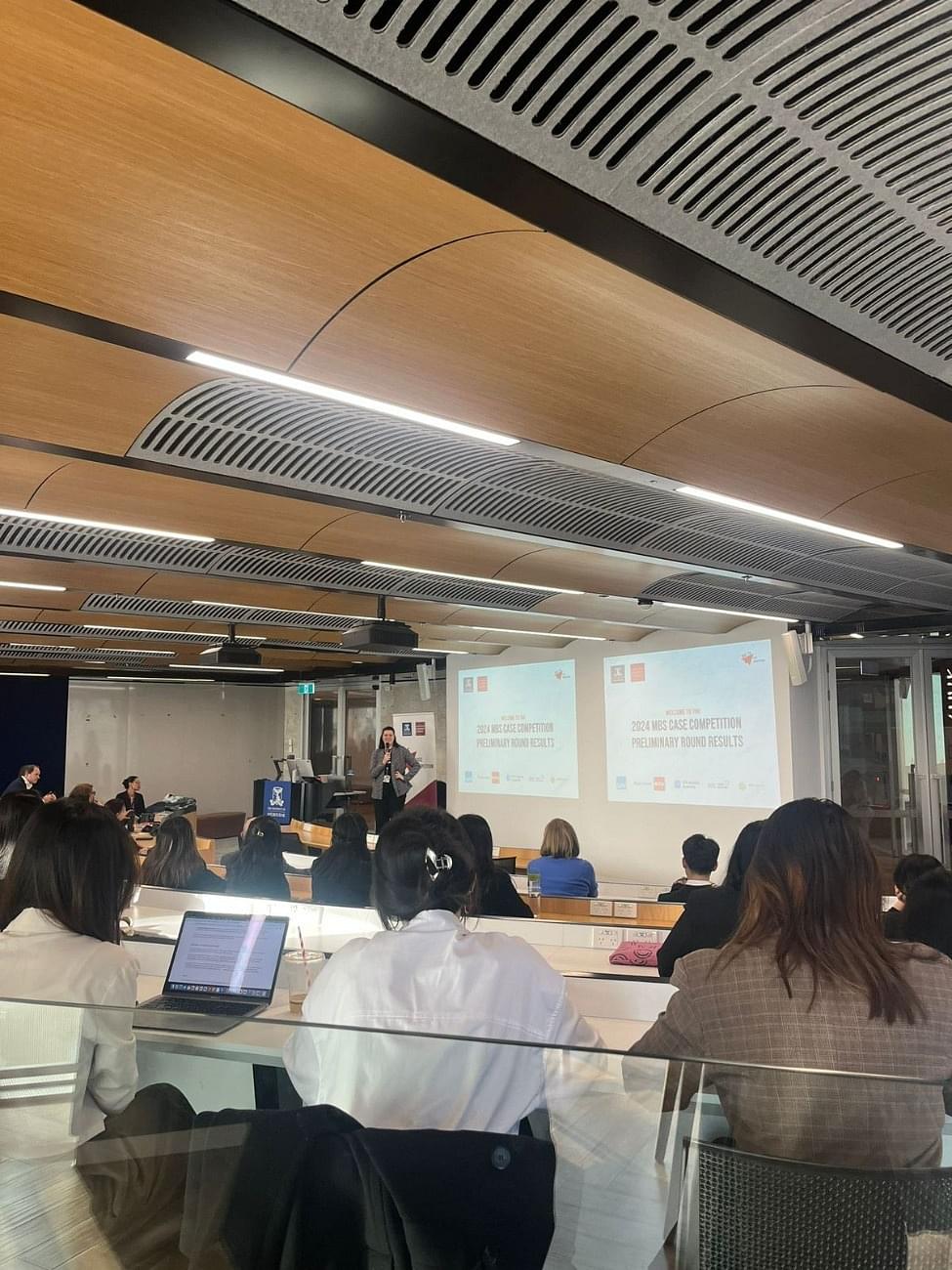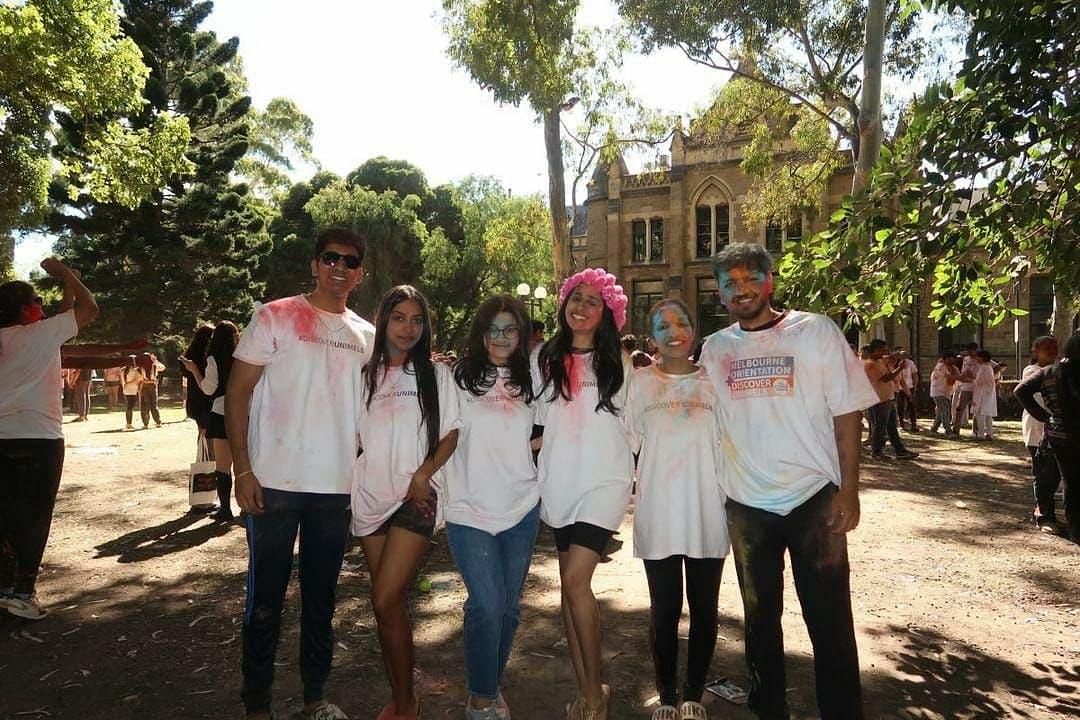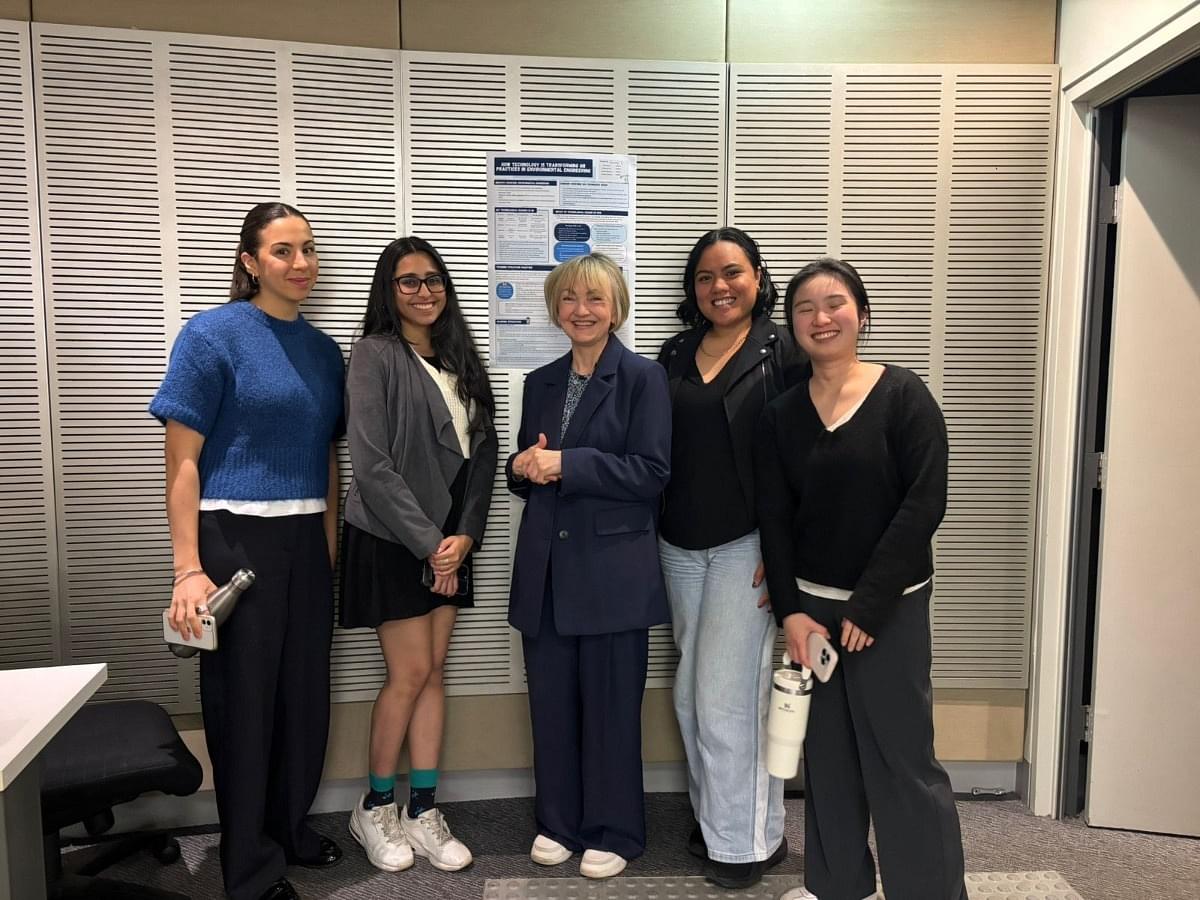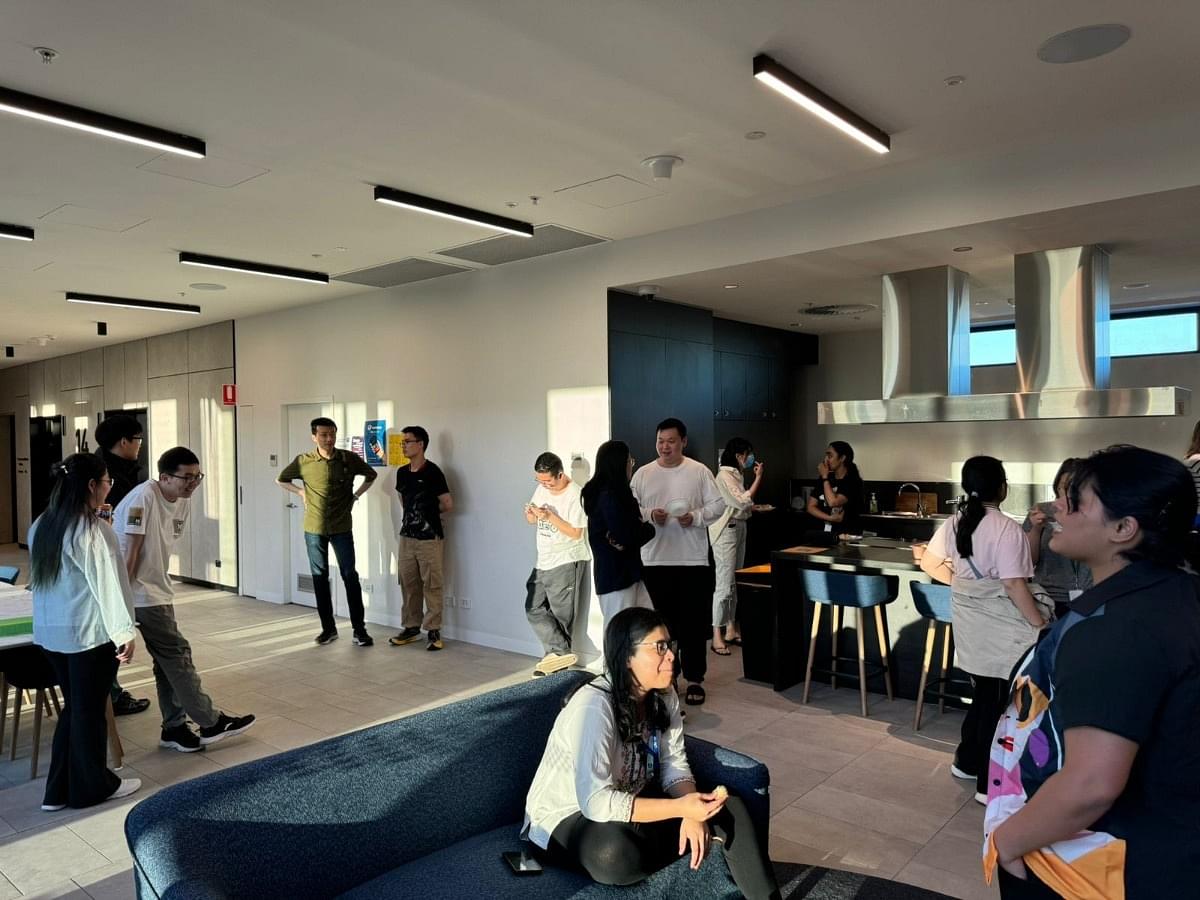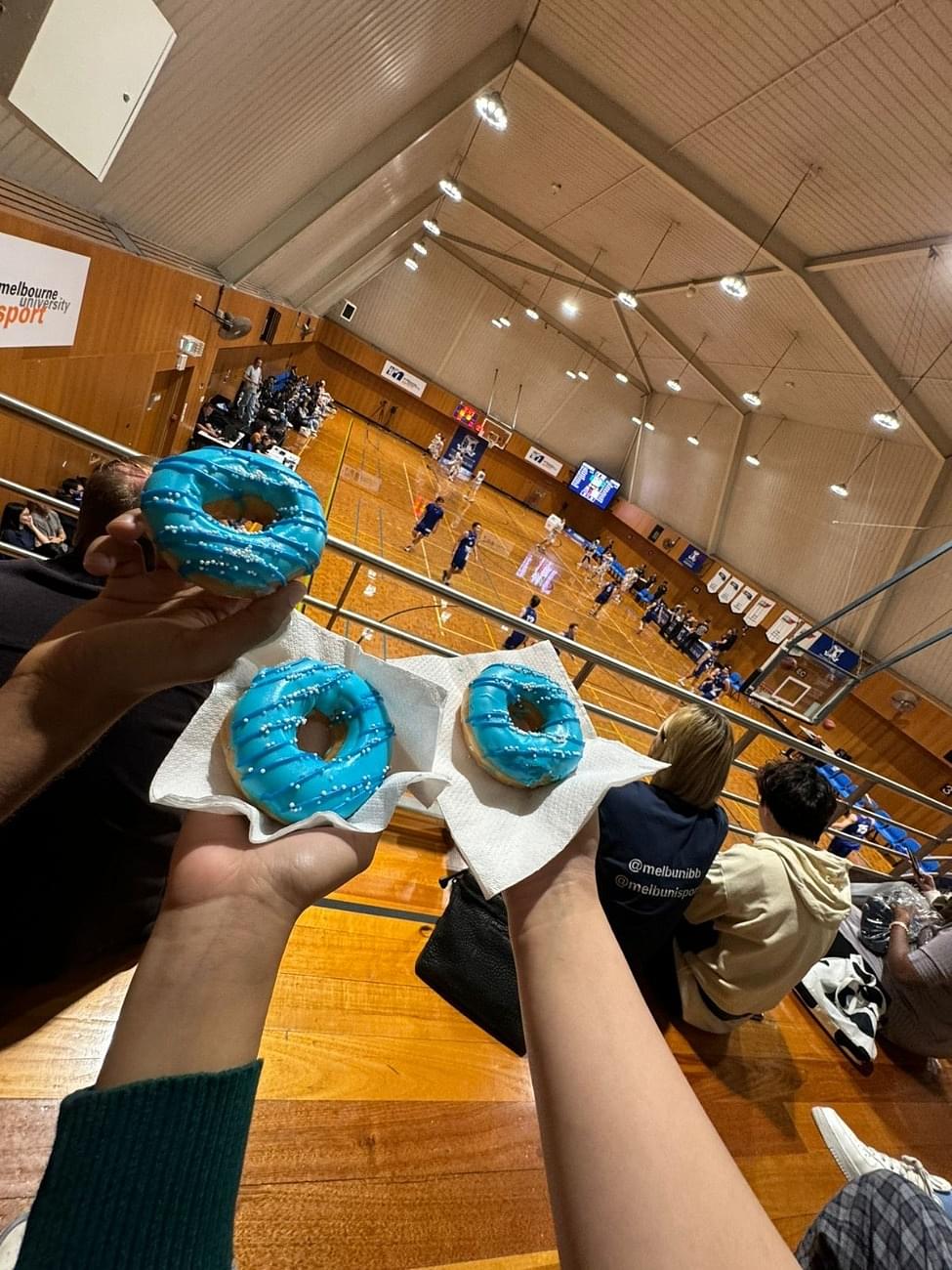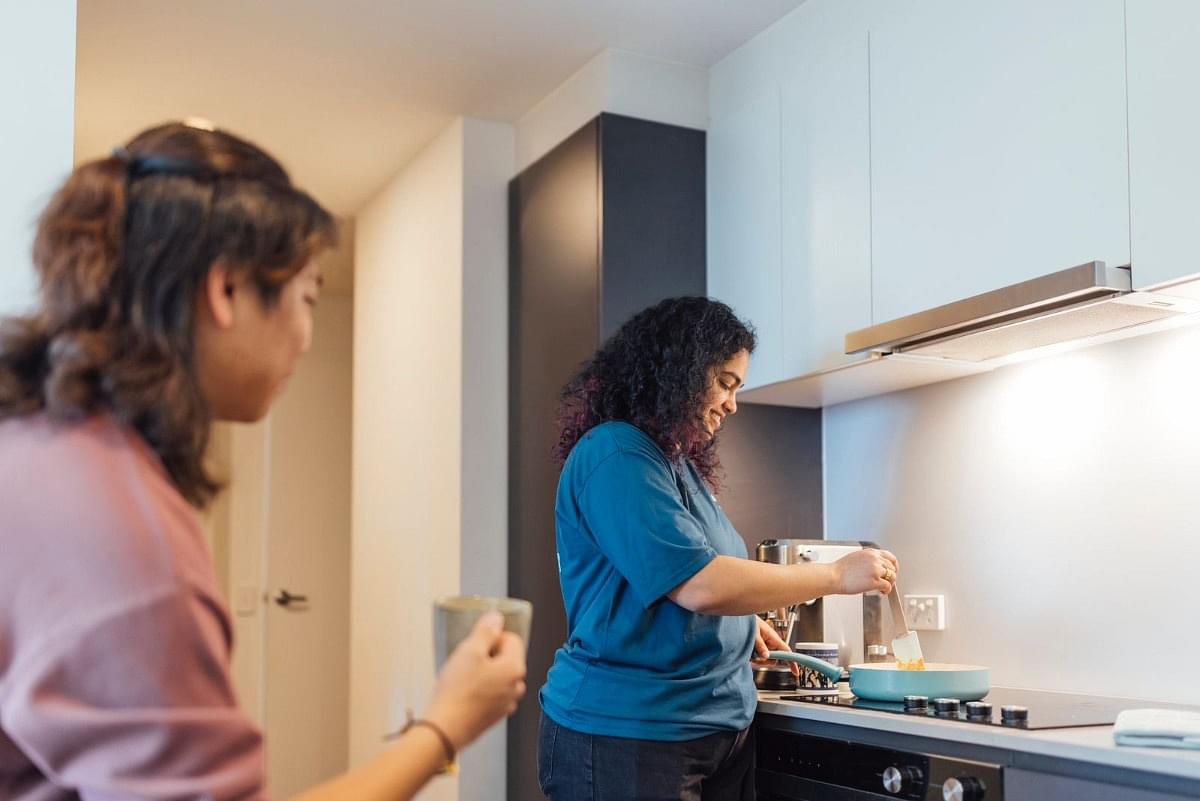What Students Say
Likes
- Flexibility in choosing subjects
- Great campus location, very close to the city
- Great campus culture and student associations
Dislikes
- Very Asia continent dominated - especially for student
- Some subjects are entry level and not at masters standard
- Few scholarships options
Course Curriculum
- The Difficulty level is not high—it can be classified as easy for those who have previous management experience and medium for those who have no experience. Most lessons are entry-level and provide an overview of the field of study.
- Lessons are theoretical, and some professors can choose to have practical elements in the course curriculum.
- Positive is that most of the batch are international students of various cultures so you get many perspectives and views, and it's very good for international learning. Negative is that it is very Asian-dominated, and the Australians tend to stick to themselves so intermingling is hard but not impossible.
- You can choose your own schedule for classes; you have 4 subjects in a semester so you can do 1 subject a day and go 4 days to classes or 2 a day and go 2 days to classes. there are various slots; each class is 3 hours long and can be from 8 in the morning till 9 pm at night.
- There is an average of 100 students in a class, and 50% will likely be Indian.
Admission Experience
-
I was accepted to all colleges I applied to in Melbourne. I had a high GPA in my undergrad and work experience in my relevant field that led to all acceptances from the four colleges I applied to.
- RMIT—Waitlisted till I submitted medical documents
- Monash—Admitted
- Deakin—Admitted with scholarship
- University of Melbourne—Admitted with scholarship
- I chose the University of Melbourne for its high reputation and global rankings. I was also given a 25% scholarship, which was an important factor in my decision.
- I used IDP's services to help with the admission process. Most universities waived their admission fees, as I had a strong application. I had to provide a lot of paperwork—IELTS score, academic transcripts, Statement of purpose, financing details, etc.—but overall it was a smooth process with IDP handling a bulk of the work.
- Eligibility criteria were
- Have completed an undergraduate degree (or equivalent) in any discipline.
- 6.5 in all bands in IELTS
- good previous academic performance
- The admission process was smooth; having it done through an agent definitely helps. Once admitted, I was asked to send over a few verification documents, and then the visa process started. My visa was granted overnight, given that I had every attested document needed, and then IDP helps you prepare for every step to plan the move as well.
- I was part of the 2024 intake, and I graduate in December 2025.
- The admission timeline was around 4 months – From the application process in September to the COE sent in November and the scholarship offer and visa grant in December, and then I had 2 months to prepare for travelling to reach Melbourne in January.
- I felt i had a much faster timeline than most, probably luck, but the average timeline is between 4 and 6 months from application to acceptance.
Faculty
- Depends on the subject but there are about 80-100 students per teacher. You need to be outgoing yourself to have meaningful interactions with the faculty—they do their best but it is up to you to go and chat with them.
- Most professors are very interested in teaching and have industry experience so their knowledge is definitely helpful to navigate real-world jobs.
- No, the faculty does not assist students in finding jobs. They will provide letters of recommendation if asked, though.
Campus Life
- I know of the Carlton, Burnley and Southbank campuses, but there are probably more.
- My campus (Carlton) has all facilities—libraries, a gym, a sports center, open gardens and a running track and a swimming pool.
- All major festivals like chinese new year, diwali, easter, christmas, Ramzan are all celebrated. There are student-run clubs for everything from photography, coding and music to culture-specific clubs like the indian club, or engineers club.
Part Time Jobs
- There is no Teaching Aid position in this course for enrolled students; the professors have their own DAs, but they are not current students of the same course. No idea about the pay.
- The graduate student association has some available jobs paying around AUD 40 per hour. Rest roles are on a volunteer basis.
- A student can work 48 hours per fortnight legally.
- It is difficult to score part-time jobs on campus, as there is high competition for few roles.
- Most students work part-time at grocery or fast food chains—Woolworths, Coles, IGA, and Hungry Jacks, to name a few. Base pay is between $24 and $32 an hour. It is not very easy but not too hard to get such jobs; you just have to stay within legal work hour limitations.
- The steps needed are having a good resume, having time to work, being open to work, and being confident and likeable in the interview.
Placement
- 20% will probably get full-time employment, and 70% will get part-time employment within 6 months of completing the course.
- The average salary starts at AUD 50,000 per year but can be up to AUD 75,000.
- Common platforms like Seek are helpful for finding jobs, but otherwise Linkedin is also a very important tool. I am still completing my study so I do not have full information on placements of batchmates. There are no placements directly given from the university—you have to find employment yourself.
Accommodation
- I live on campus—I used the university website to find the options, and based on online information like reddit and the accommodation website, I made my choice.
- Rent is AUD 2500 per month. It's expensive, as I live in a studio, but electricity, water and Wi-Fi are included.
- I did not face any challenges to secure accommodations. You just fill out a form and pay an application fee, and then they send an email if you are accepted or rejected. The key is applying early as soon as you get your COE, as spots book fast.
- My accommodation is directly across campus; it takes about 2 minutes to get there. Most Indian students stay at any of the Unilodge buildings in Carlton.
Exams
- I was required to take the IELTS for admission to the University of Melbourne—with a minimum of 6.5 in each band.
- Documents required:
- Statement of Purpose
- Resume
- Previous academic records and semester-wise transcripts
- Employer letters of recommendations or proof of work
- Proof of sufficient income to fund the expenses
- I did not have an interview as part of my application process.
Fees
- The fees for the 2025 Master of Management are AUD 119,684.
- This includes the whole course; however, there is a % increase in the tuition fees every year, so my fees are slightly more for the semesters of 2025 than they were in 2024. The tuition fees are course-based—the amount you are charged is the annual course fee listed per Equivalent Full-Time Student Load enrolled for the year. You also have to pay for overseas student health cover, which is separate but the cost depends on which provider you choose.
- You can choose how to pay the fees, either for all 4 semesters all at once or at the beginning of every semester.
- My average monthly expenses for living here are around AUD 3500.
Scholarship
- Yes, scholarships for masters of management are auto-granted; there are no separate applications. The Business and Economics Graduate Scholarship is offered to students enrolled in a graduate coursework degree with the Faculty of Business and Economics in recognition of their academic achievements. There are two types: 25% and 50%.
- I received a 25% merit-based scholarship and so have 5 of my friends, and I know of 2 people who have a 50% scholarship as well.
- This % is cut from the fees each semester before the semester's invoice is sent, so it is a discount, not money given back later.
- No disclosure is given for how many students, on average, receive scholarships each year, but the typical award amount is 25%.


